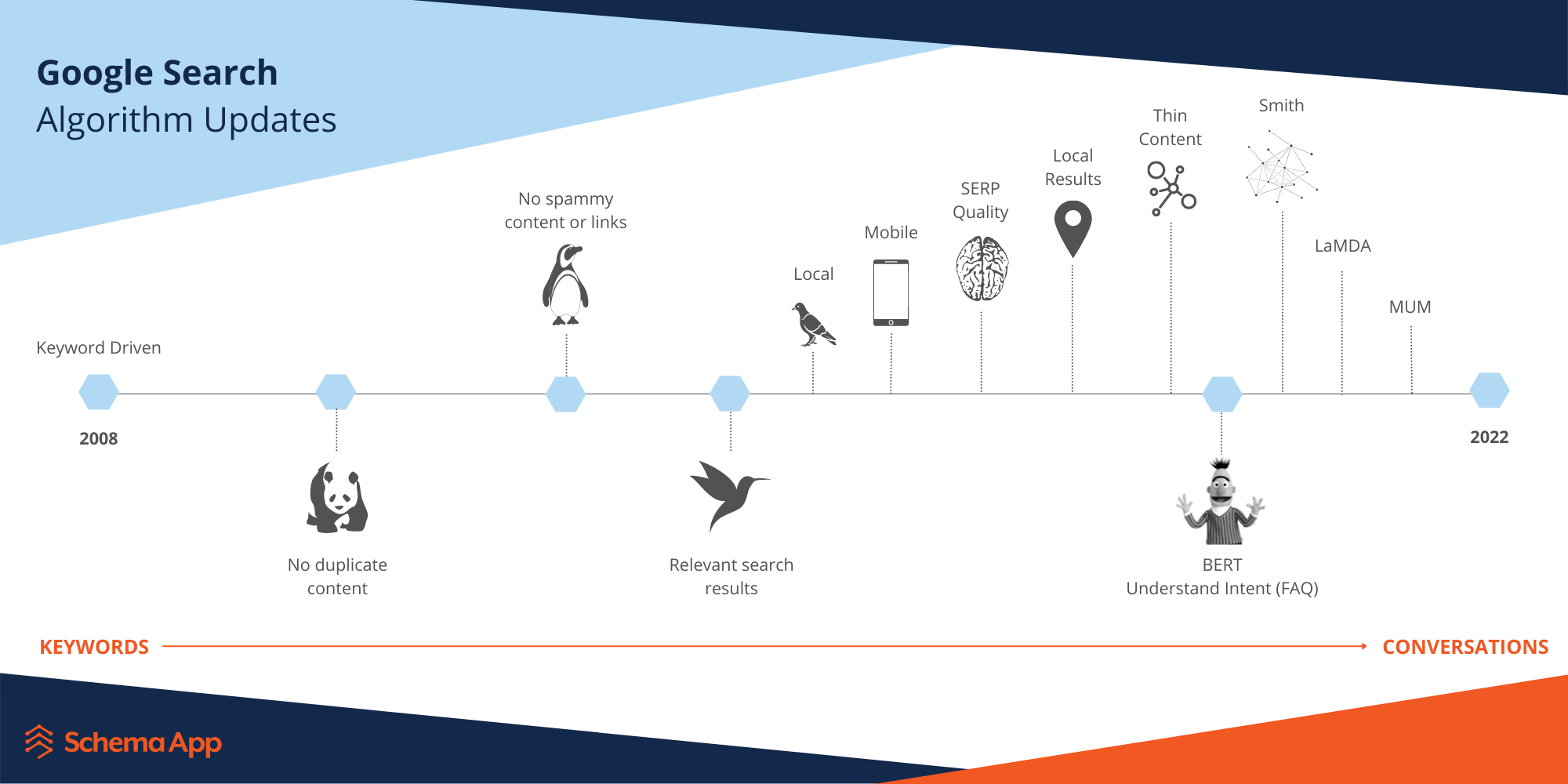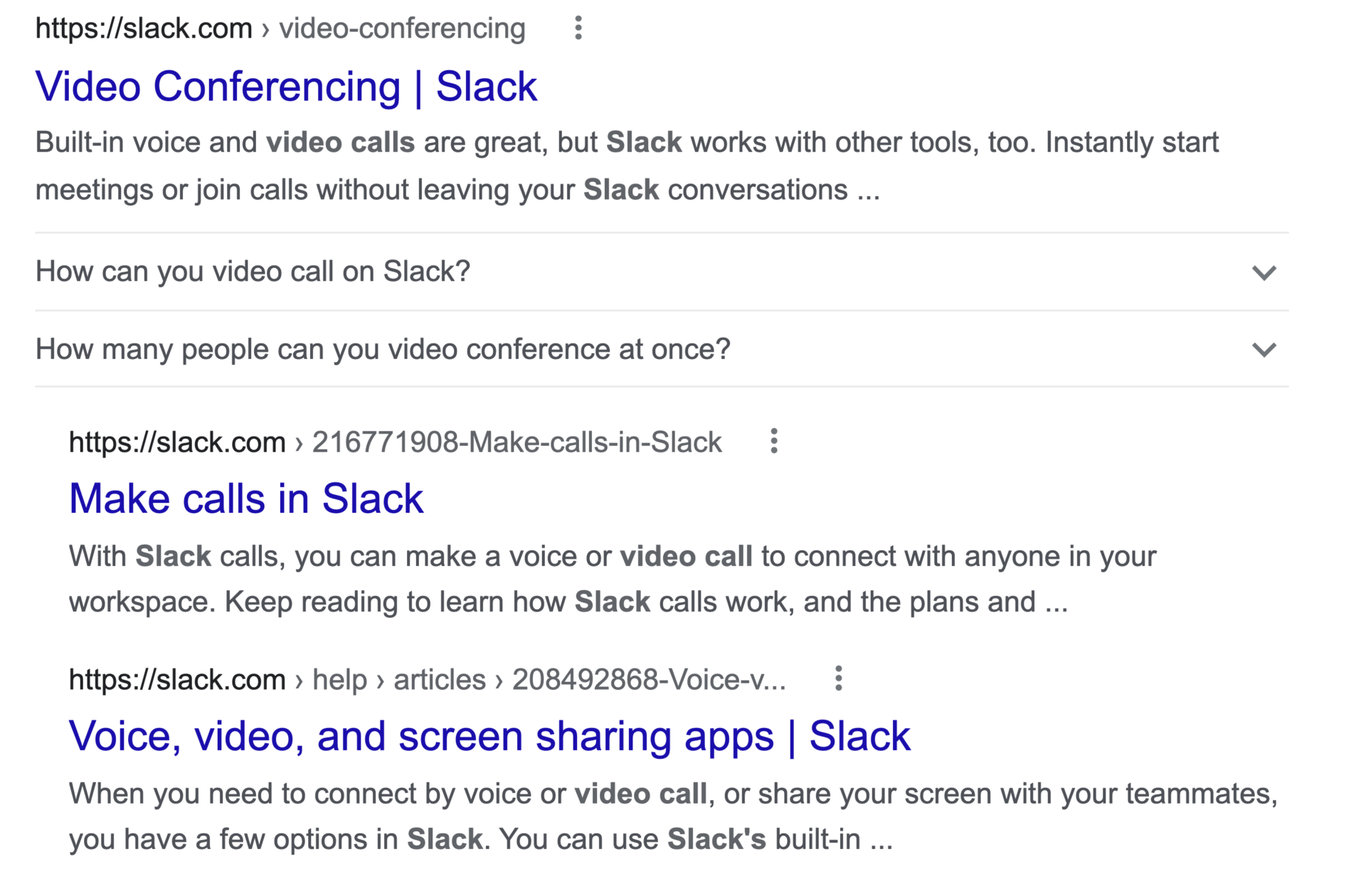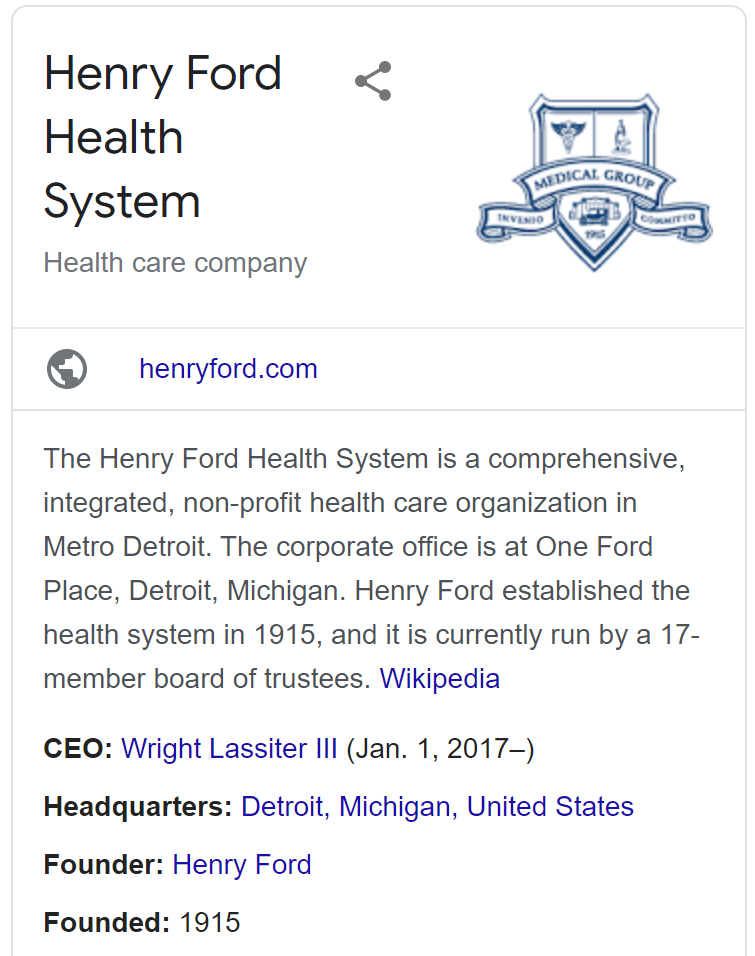How healthy is your SEO strategy? There are some SEO tactics—like keyword stuffing—that have become outdated, while others have become a best practice. Not only is search engine optimization a long-term investment in your website, it’s also a time commitment that leaner digital marketing teams may not have the capacity for. Luckily, there are some proven tactics you can start TODAY to see quick SEO wins for your website!
1. Lean into Semantic Search
Back in 2008, SEOs were more focused on keyword stuffing and adding as many backlinks as possible to improve search rankings. The goal was to appear for as many related terms in the highest position possible on SERPs (search engine results pages). Over ten years later, the shift towards semantic search and a more entity-based approach has become a best practice for advanced SEO.

In September 2013, Google announced the algorithm update Hummingbird, designed to handle more complex queries. This was the first time the search algorithm was rewritten in about 12 years. While Hummingbird did not seem to have a negative effect on website performance, SEOs started noticing that the algorithm update was having a positive effect on the accuracy of Google’s Knowledge Graph, which is a digital database of information from sources Google trusts—launched just one year before the Hummingbird announcement. Google was placing more importance on search intent when supplying information in the SERPs. For Google to produce results that will satisfy a user’s search intent is where semantic search comes in.
What is Semantic Search?
Semantics is the philosophical study of meaning. Semantic search is the process of search engines generating the most accurate SERPs possible by looking at the intent and context of a user’s search query. It’s artificial intelligence attempting to understand natural language the way a human would. Each search query is driven by something, and it’s our job as SEOs to understand that motivation. For example, if someone uses the phrase “how to” in their search query, that user is looking for a list of steps and will focus on the most relevant, helpful content in the SERPs.
⚡️ PRO TIP
Add HowTo structured data to your how-to content to stand out from the competition with enhanced search results.

Tip #1
Stop keyword stuffing and start evolving your content to meet the “something” people are looking for.
2. Consider User Intent in your Content Strategy
You want your content type to match the query. For a “how to” query, you need how-to content on your site; for a “frequently asked question”, you need FAQ content. Not only will this satisfy search intent, but it will also help search engines understand the context and relevance of your content, so that Google can better match search queries to information on your site.
You can help Google contextualize your website content with a technical SEO practice called structured data, also known as schema markup. Schema markup is a form of microdata that provides additional information to search engines when added to your website. When all required and recommended properties are added, your content will be eligible for enhanced search experiences called rich results, making your content appear more prominently in the SERPs.

Schema markup is especially important during the age of Hummingbird—when how Google interprets the context of a query will determine the quality of a search result.
We like to tell our customers that structured data should be a part of their content strategy. As you consider the motivations and pain points of your customers and develop content to satisfy their search intent, build the structured data in tandem for a more effective process. That way, your new content has more potential to match the relevant search query AND to engage users with enhanced search results.
Tip #2
Consider the motivations of your customers; then, satisfy their pain points with content and use schema markup to make that content stand out in search.
3. Build Connections with Google’s Knowledge Graph
Hummingbird uses natural language processing to ensure that entire pages of content match search intent, not just a few words on the page. For this reason, creating quality content that is helpful and informative for your customers is more effective than just including popular keyphrases on your web pages to rank higher in SERPs. By creating connections with structured data between your content and entities defined in Google’s Knowledge Graph, you can help search engines better relate your information to what a user is searching for.
What is a Knowledge Graph?
A search engine’s knowledge graph is a database of facts about people, places and things from trusted sources like Wikipedia. Google’s Knowledge Graph allows it to easily answer factual questions with publicly available information, like the height of the Eiffel Tower, for example.
How does Google’s Knowledge Graph Work?
The Knowledge Graph Search API lets you find entities—people, places and things—defined in Google’s Knowledge Graph. You can define objects on your web pages as distinct entities with their own properties and relationships to other entities through structured data like schema markup. Once defined, link your entities to Google’s Knowledge Graph with structured data so that search engines can easily relate your information to a user’s intent.
What is the difference between a Knowledge Graph and a Knowledge Panel?
It’s easy to get confused between the Google Knowledge Graph and Google Knowledge Panels. Sometimes, Google search will show special boxes with information about people, places or things. These are Google Knowledge Panels:

These information boxes appear in search results when Google recognizes an entity in a user’s search query. The information in Knowledge Panels comes from Google’s Knowledge Graph.
⚡️ PRO TIP
Did you know that schema markup can enhance your Google Knowledge Panel? Learn how in our blog post here.
Hummingbird is arguably the beginning of the semantic search era as we know it today. Semantic search allows Google to distinguish between different entities, which is why adding structured data to your website can help streamline this process. The more context you can offer search engines, the better. This way, Google can better match search intent with information on your website.
Tip #3
Connect well-defined entities on your website with Google’s Knowledge Graph to create context and relevance for your brand.
4. Start Building your E-E-A-T
The content on your website should showcase your experience, expertise, authoritativeness, and trustworthiness—your E-E-A-T—in a particular field. This content should support both your SEO and overall business goals.
What is E-E-A-T?
Google first introduced the concept of E-A-T in its 2014 edition of Search Quality Guidelines. In December 2022, a new iteration of E-E-A-T was introduced, where an extra ‘E’ was added to emphasize the importance of demonstrating ‘experience’ in website content.
The ultimate goal of a search engine is to return accurate, truthful, and useful information to satisfy search intent, and E-E-A-T fundamentally supports that. It’s an important factor that Google uses to evaluate the quality of a web page. By increasing your E-E-A-T on and off your site, you have the opportunity to improve your Google search rankings.
Tip #4
Create quality, connected content on your website that supports your experience, expertise, authoritativeness and trustworthiness in a particular field. Learn more about how to create connectedness with structured data from Schema App CEO Martha van Berkel:
Expertise
Your brand’s expertise is largely evaluated at the content level. Your website content should be created by recognized subject matter experts, including your brand founder, content writers, and contributing experts in your field.
⚡️ PRO TIP
Mark up the author’s byline with the Author schema property to streamline Google’s evaluation of the E-E-A-T for that web page. Learn how here.
Experience
Similar to expertise, experience demonstrates the firsthand knowledge that your content creator has regarding the topic on the page. By highlighting the firsthand experience with the topic, you can reinforce the trustworthiness and relevance of your content for search engines.
Authoritativeness
Create connections with other experts in your field. With shared content opportunities—like guest blog posts, webinars, podcasts, etc—you have a new sphere of influence. Invite your collaborators to add backlinks for your brand on their website—and do the same for them!
Trustworthiness
Readers are looking for transparent, legitimate information to satisfy their search intent. One easy tactic is to ensure that the authors for any articles or news posts are explicitly mentioned.
To learn more about how to increase your E-E-A-T with schema markup, check out our blog post here.
Revolutionize your Content Strategy for Healthier SEO
Instead of focusing on creating content around keywords, start thinking about broad topics within your niche that you can cover in depth. What are the pain points you solve, and how can you develop content to communicate these solutions? While it can be a challenging shift in mindset for your content strategy, switching from keywords to topics will help you create more quality, evergreen content for your website.
We challenge you to dig even deeper into your SEO journey. Google recommends adding structured data to your web pages so that it can better understand the intent of your content. While your content strategy is fundamental for effective search engine optimization, remember that you are writing content for humans AND for search engines to understand.
Are you ready to unleash the power of structured data?


